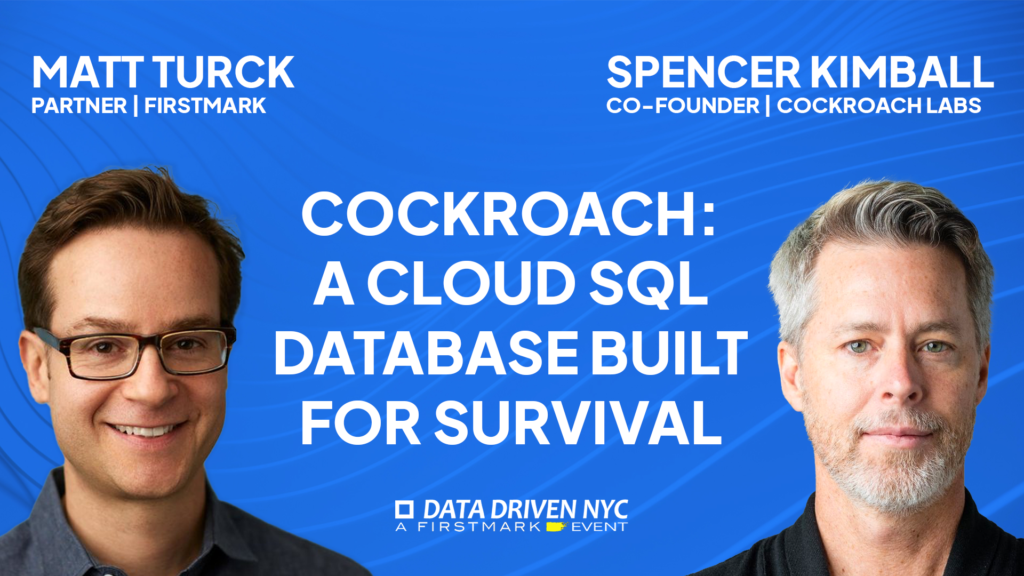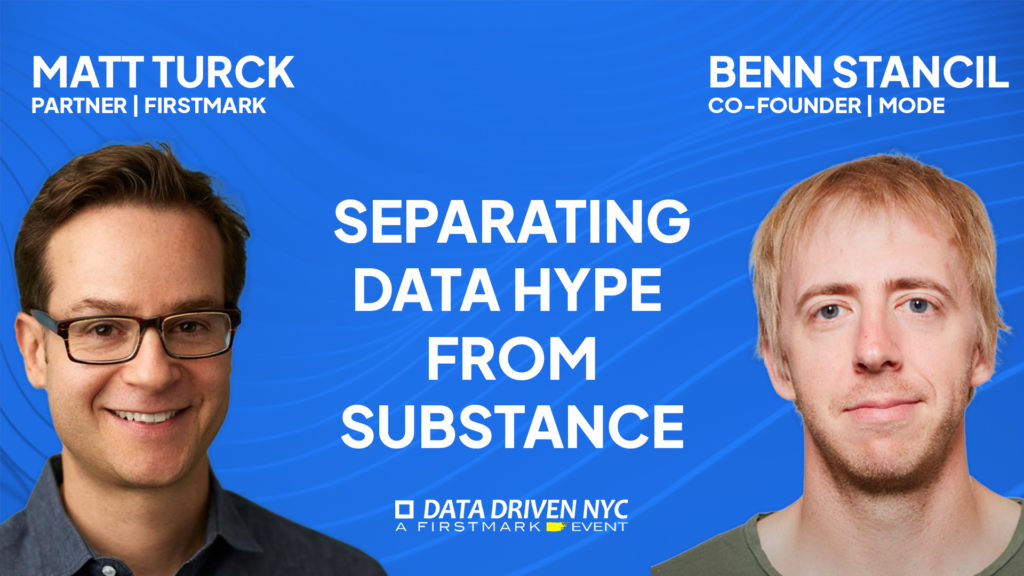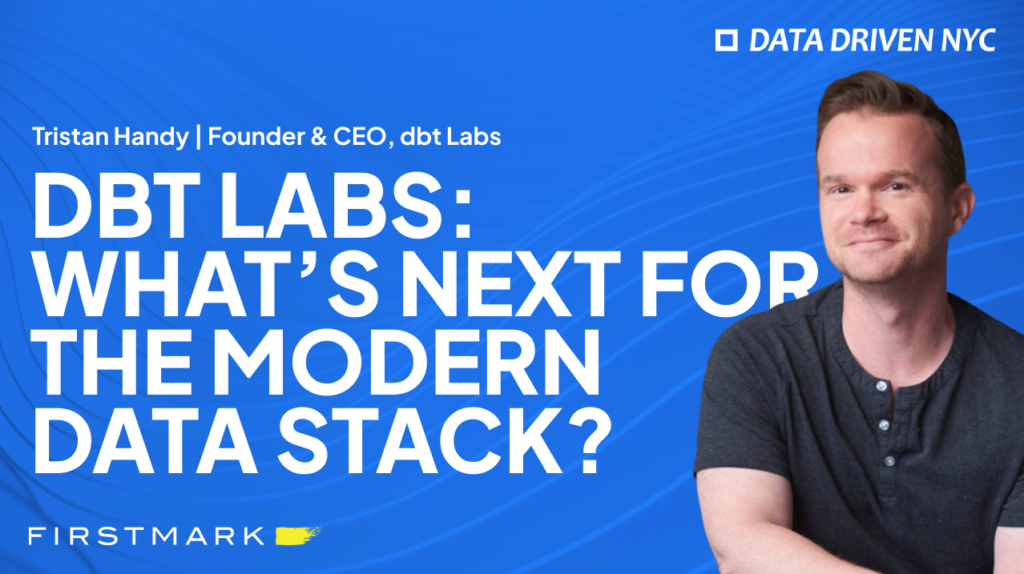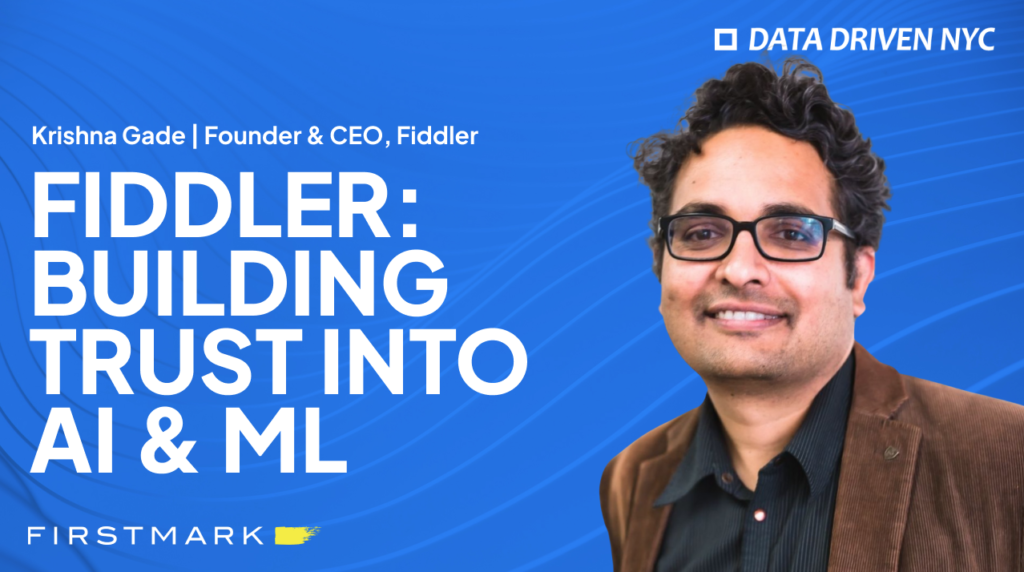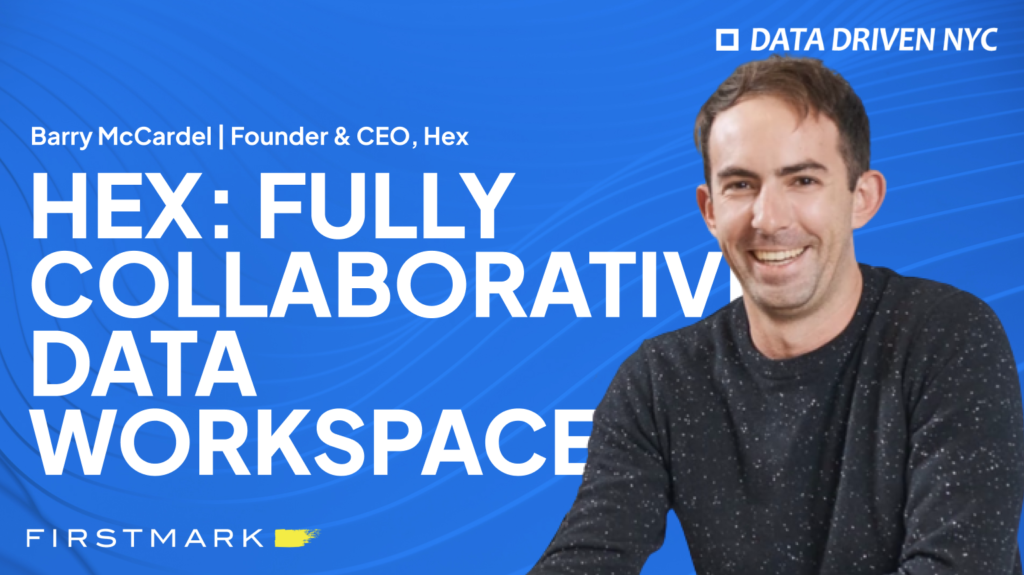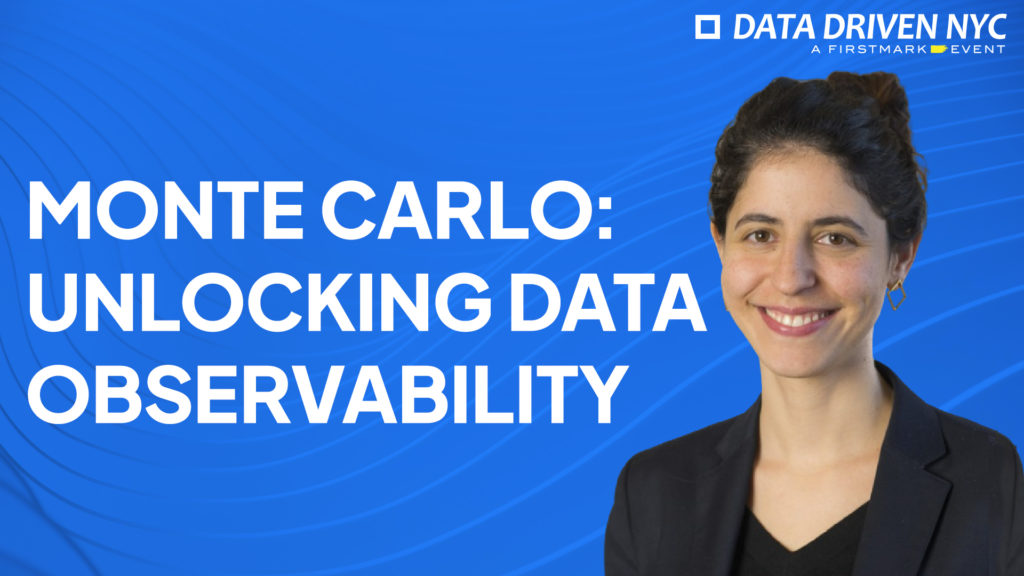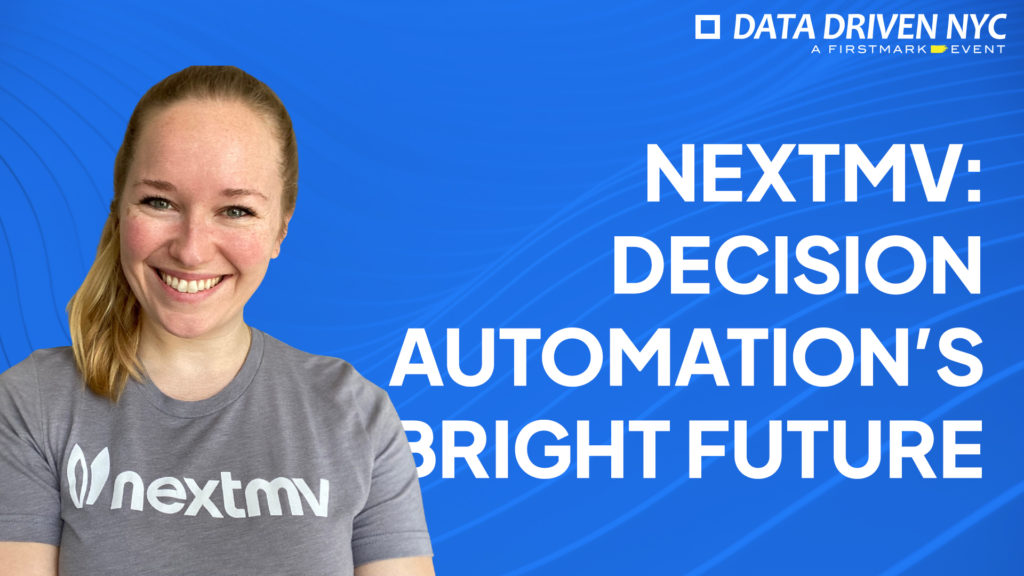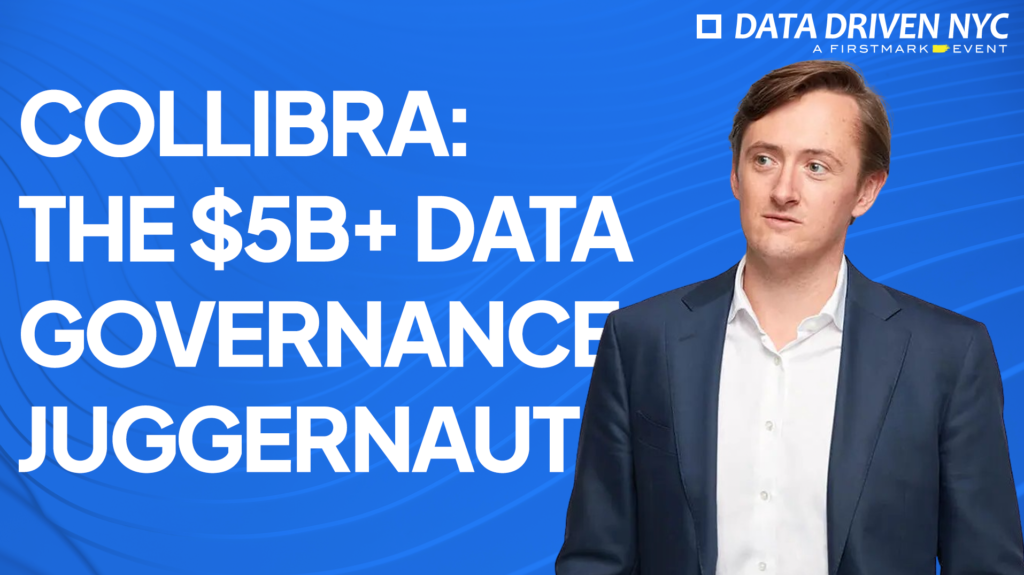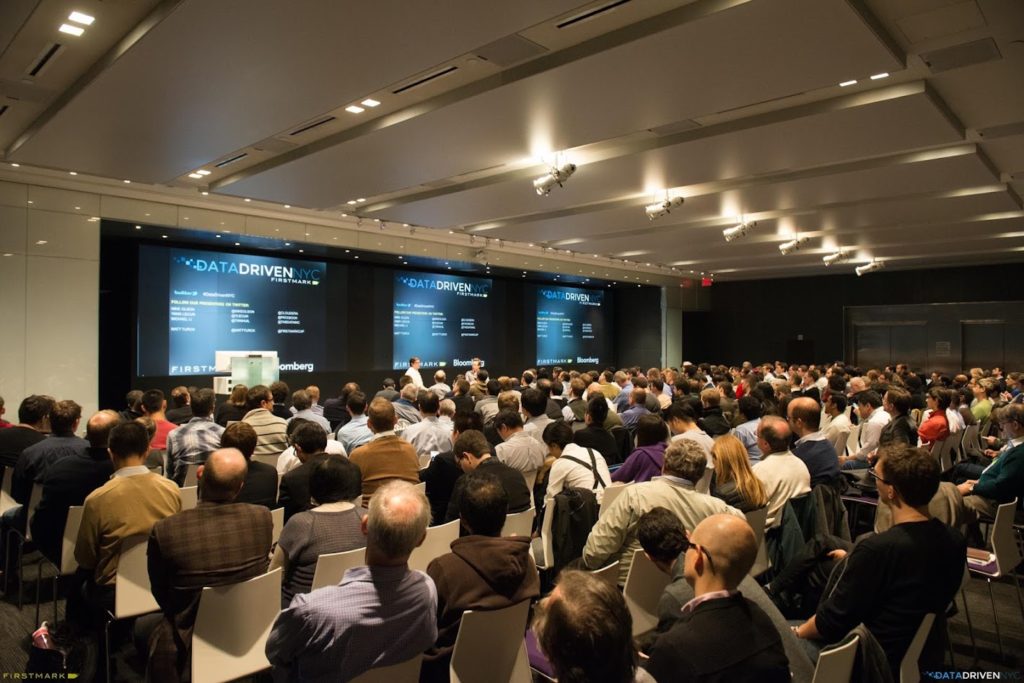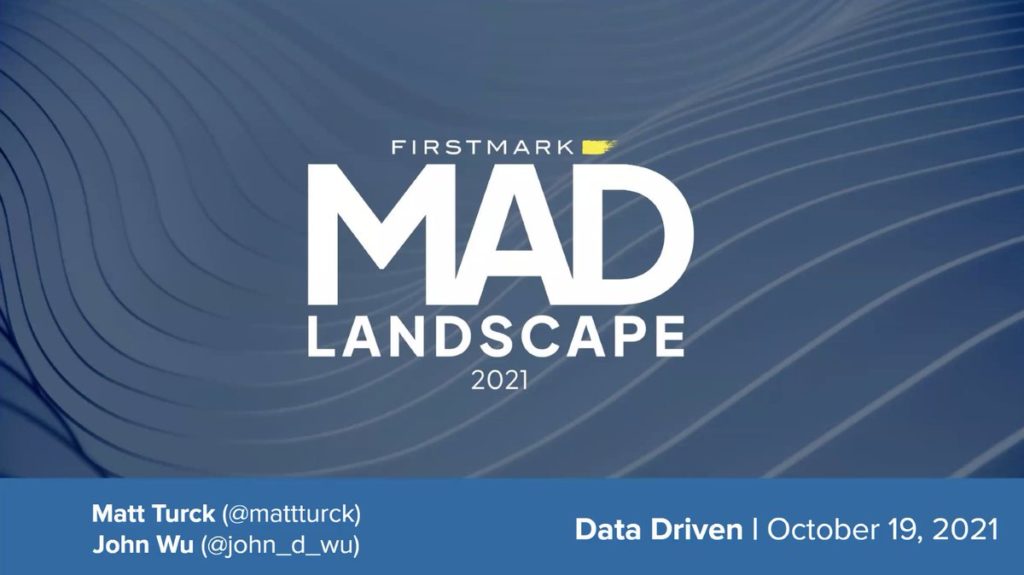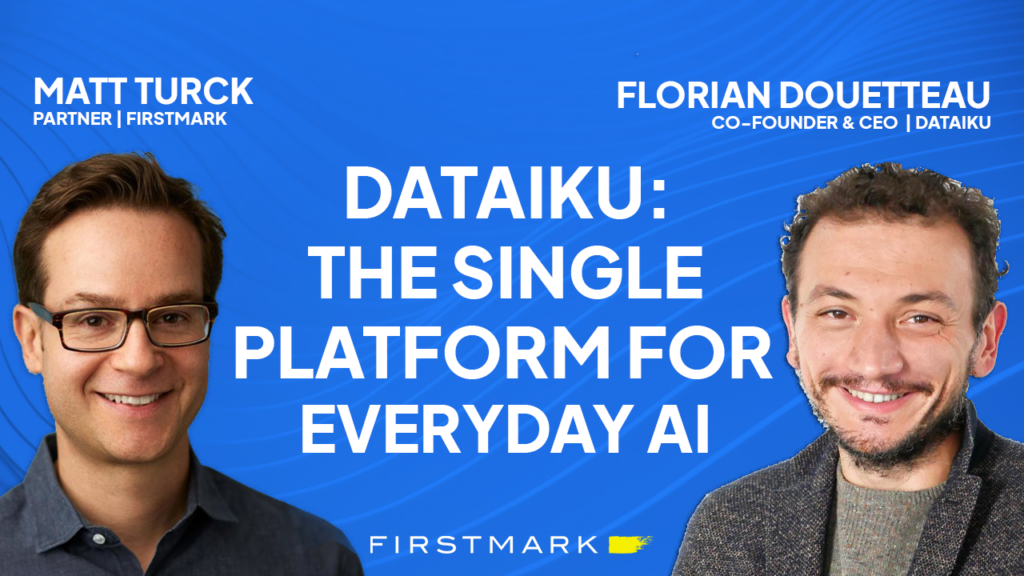
An overnight success 10 years in the making, Dataiku, the leading enterprise AI platform targeting Global 2000 companies, was named “Partner of the Year” for data science, machine learning and AI by BOTH Snowflake and Databricks at their respective annual summit a few days ago.
The company, in which we’ve been proud investors since leading the Series A in 2016, has scaled impressively over the years, reaching $200M in ARR at the end of 2022, with a team of over 1,200 people.
It was a pleasure welcoming back CEO Florian Douetteau, for a conversation where we covered:
* Dataiku’s centralized approach to enterprise AI
* Emerging use cases for Generative AI in the enterprise
* Some leadership lessons learned along the way
Here are the links to the podcast (subscribe! give us 5 stars! etc), and the YouTube video:
Continue reading “In Conversation with Florian Douetteau, Co-Founder & CEO, Dataiku (podcast + video)”